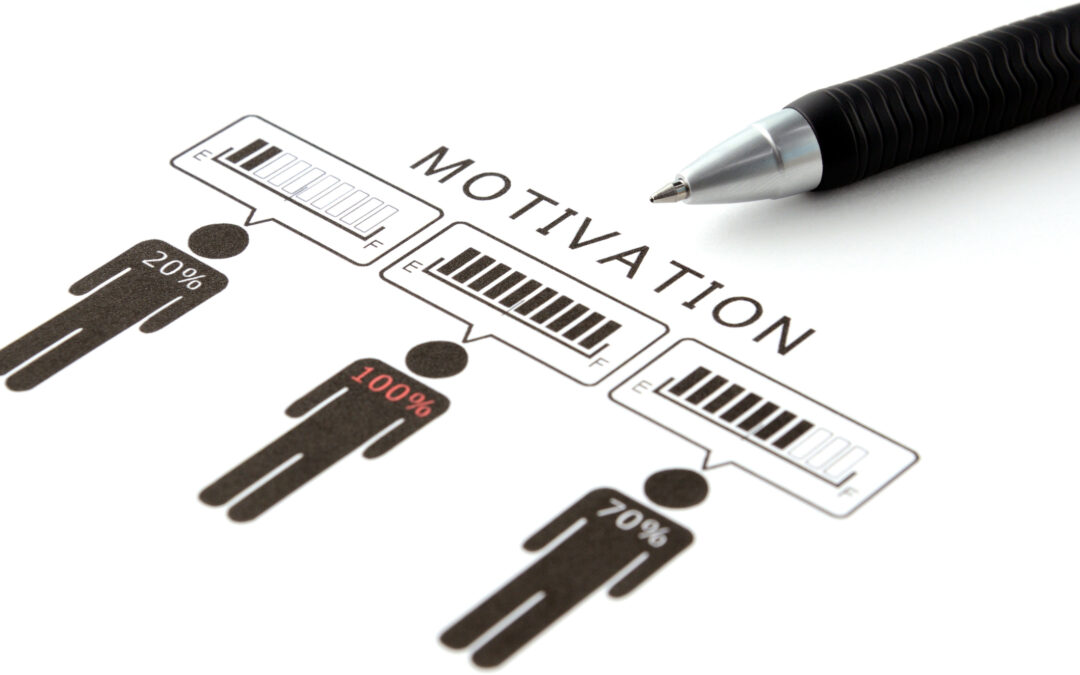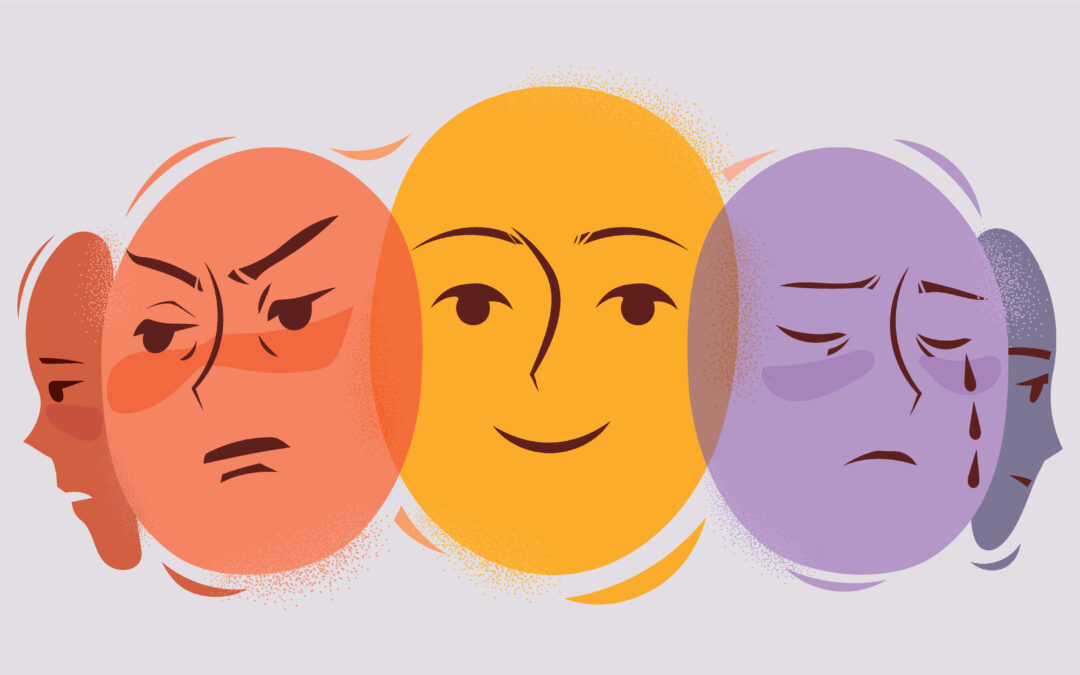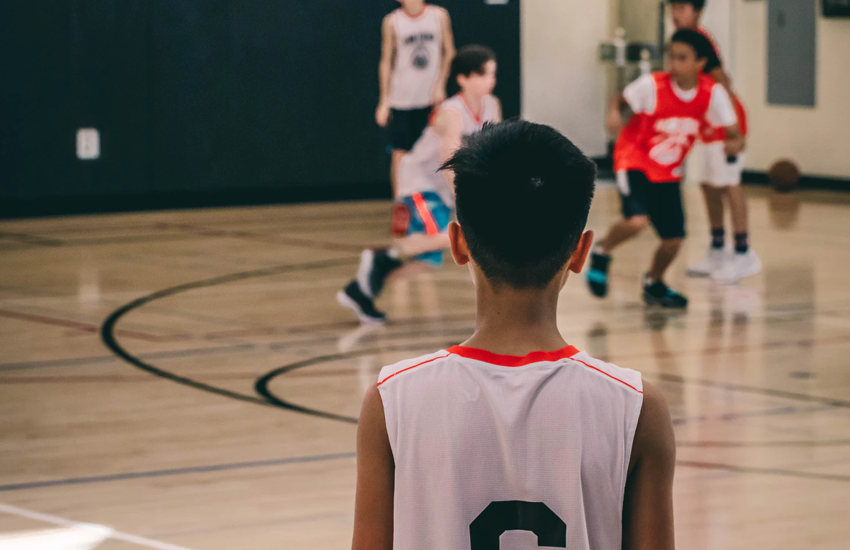Coping with Political Anxiety: How Therapy Can Help In today’s world, it’s nearly impossible to avoid the constant stream of political news. For many, staying informed is essential—but for others, the weight of political turmoil can become overwhelming, leading to...
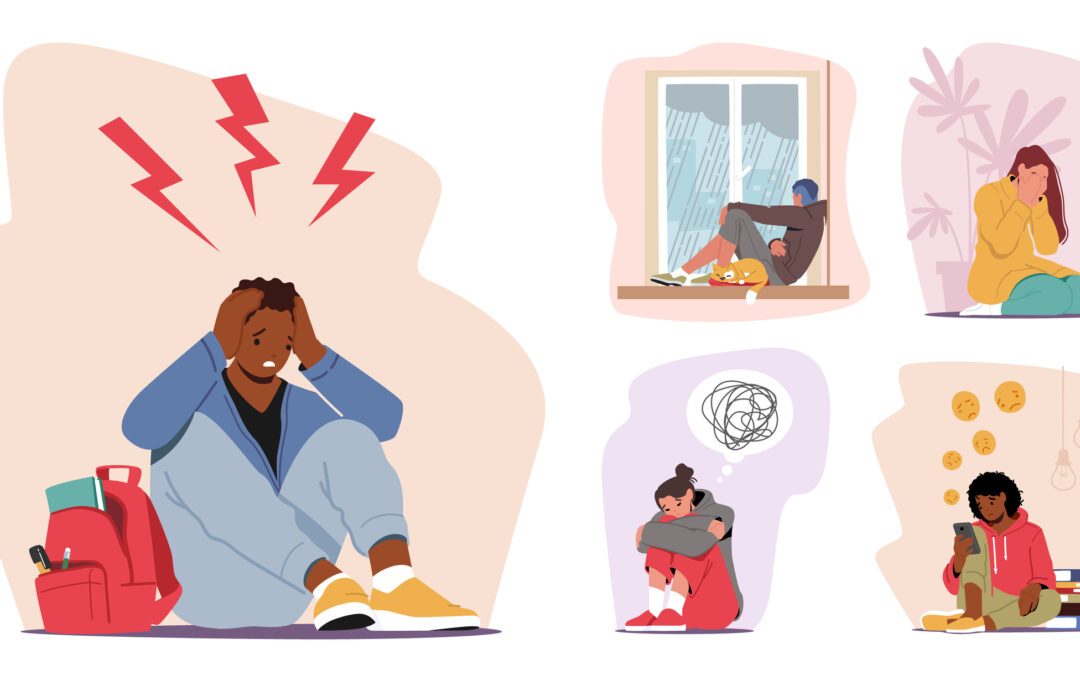
Teen Mental Health: Post-Pandemic Edition
It’s no secret that the pandemic has had profound effects on the mental and emotional well-being of our society. Rates of mental health struggles have skyrocketed in response to experiences of isolation, grief and loss, economic hardship, safety fears, and increasing uncertainty about how the future will unfold.
Prior to the pandemic, it was clear we were facing a youth mental health crisis, but the experiences of a pandemic have proved to amplify this already concerning situation. For teenagers, experiencing a pandemic has caused an uptick in mental health concerns during a developmental period that in the best of times is already fraught with stress, self-esteem concerns, and constant change.
These youth have missed out on normative and expected experiences of high school like after-school clubs, dances, sporting events, and graduations. They’ve received substantially less in-person support from teachers and support staff, clubs and support groups for marginalized identities, and for some kids, tangible support like food assistance and access to supplies. Without regular contact from professionals trained to notice early signs and symptoms of mental health concerns, many children went without care for significantly longer than they would otherwise, leading to more severe symptoms and potential safety concerns.
The effects of the pandemic disproportionately affected communities of color, amplifying stress for those teenagers. Experiences of racism and discrimination, both those related to and co-occurring with the pandemic, have continued to erode youth mental health.
Ask any teenager or teacher, parent, or mental health therapist who regularly interacts with teens, and they’ll have anecdotal evidence of these increases. Now, nearly 3 years after the pandemic began, we are finally able to collect and analyze data on how teenagers have been affected. Here are a few key points:
37% of high school-aged students reported they experienced poor mental health during the pandemic1.
44% reported feeling persistently sad or hopeless during this time1.
Emergency room visits for suicide attempts were 51% higher for female identifying-youth, and 4% higher for male-identifying youth when compared to the same time period prior to the pandemic in 2019 2.
What can we do?
Seeing these statistics can be frightening, especially when they are the result of something beyond our control and related to responses that were critical to maintaining physical safety within our communities, but it does also give us insight into how to begin improving this crisis.
- School
The data, combined with years of anecdotal experience from school staff, has spurred many school districts into action to increase support programs and access to mental and emotional well-being resources. In the same study, school connectedness, defined as “a sense of being cared for, supported, and belonging at school” was a clear protective factor. High school students who felt connected to support at school were 20% less likely to report persistent sadness and hopelessness, 12% less likely to consider suicide, and 6% less likely to attempt. Working to create a safe supportive school environment is a crucial step for all communities.
- Home
Treat your teens with care. The pandemic has affected us all, but teens have experienced a version of difficulty that is nearly impossible for adults to fully comprehend. Make space regularly to talk about how they’ve been affected, and acknowledge how challenging this has been for them without diminishing it in relation to others’ struggles. Support their efforts to maintain relationships and be a safe place to process uncertainty, fear, and sadness.
- Professional Supports
If they aren’t already, now is the time to get your teen connected to a therapist. While the role of a supportive family is paramount, having a specific, private space to process their emotions and fears is vital in helping improve their mental health. A trained professional can offer tailored coping skills, referrals to other providers as needed, and above all, the feeling that their emotional struggle has been seen and heard. Even if your teen has not been showing obvious signs of a mental health struggle, ask them. Many teens cope by keeping things bottled up, and they may not know how to ask for help. Offer to connect them to a therapist regularly, and if or when they say yes, follow through until they find a match.
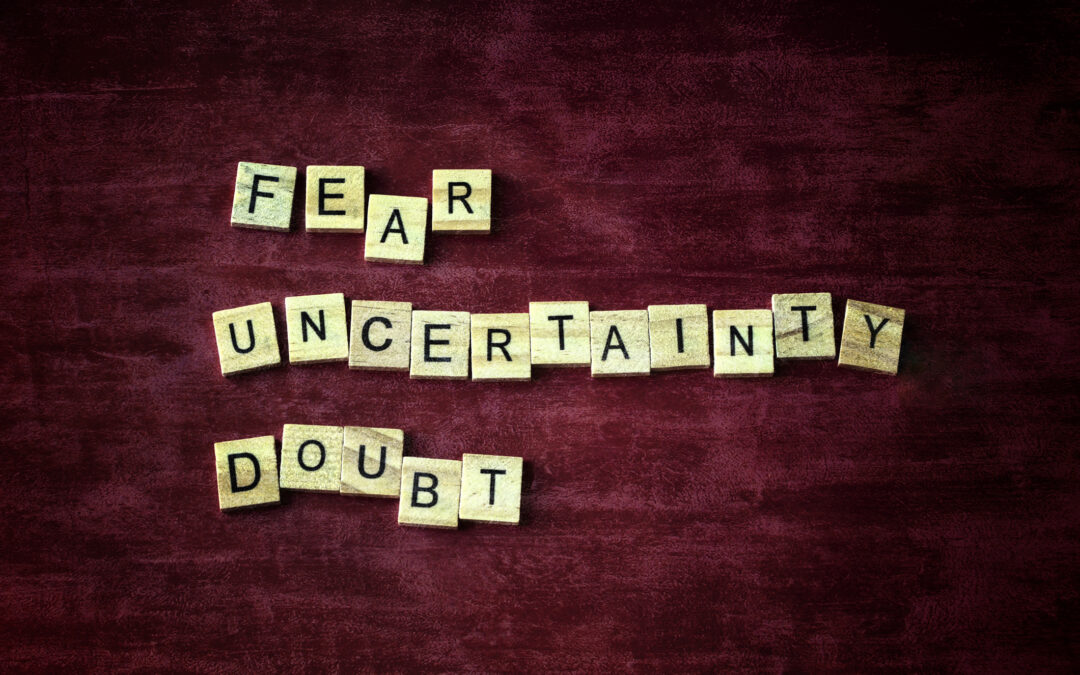
Coping with Political Anxiety

Overcoming Perfectionism with Acceptance and Commitment Therapy (ACT)
Perfectionism is often celebrated in our society, but for many, it can become an overwhelming burden. When perfectionism takes over, it can lead to constant self-criticism, avoidance of challenges, and a deep fear of failure. Acceptance and Commitment Therapy (ACT)...
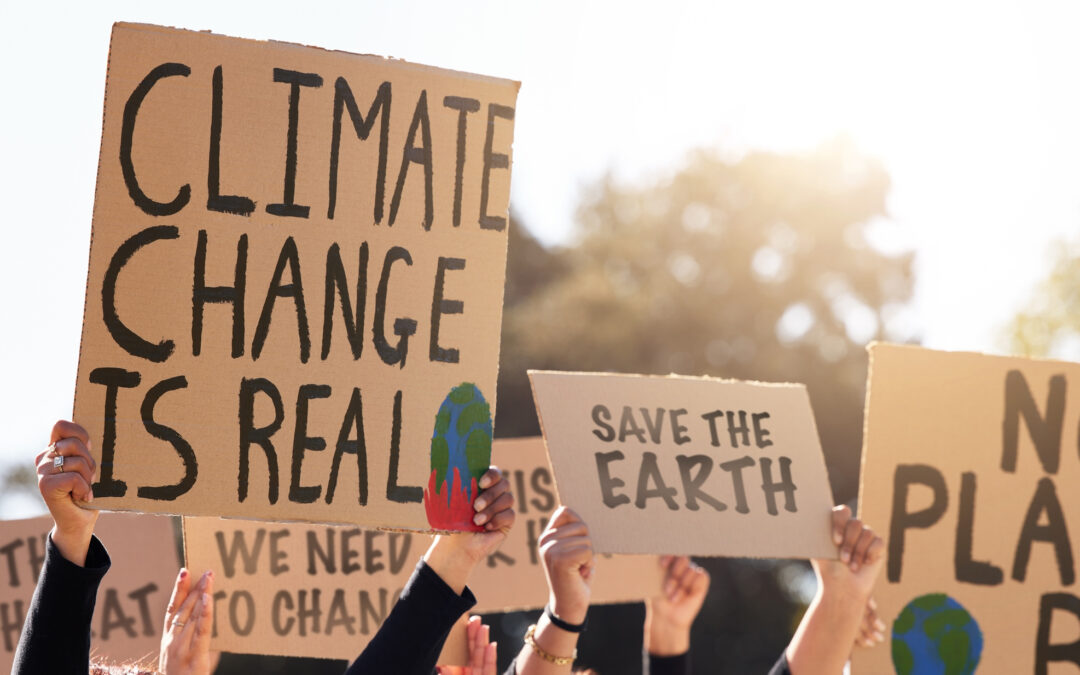
Climate Anxiety
Hope, Action, and Climate Advocacy “I thought I couldn’t make a difference because I was too small.” -Greta Thunberg We live in the age of information, which means it is increasingly difficult to limit one’s access to breaking news. More and more we are seeing...

Get Outside For Your Brain
When I am among the trees, Especially the willows and the honey locust, Equally the beech, the oaks and the pines, They give off such hints of gladness I would almost say they save me, and daily. Excerpt, "When I Am Among The Trees" by Mary Oliver We live in a world...

Managing Depression alongside Chronic Illness
If you’re reading this, chances are you or someone you care about is dealing with the challenges of chronic illness or disability, which can often trigger feelings of depression. Today, we’re going to dive into some strategies for navigating this journey with...


